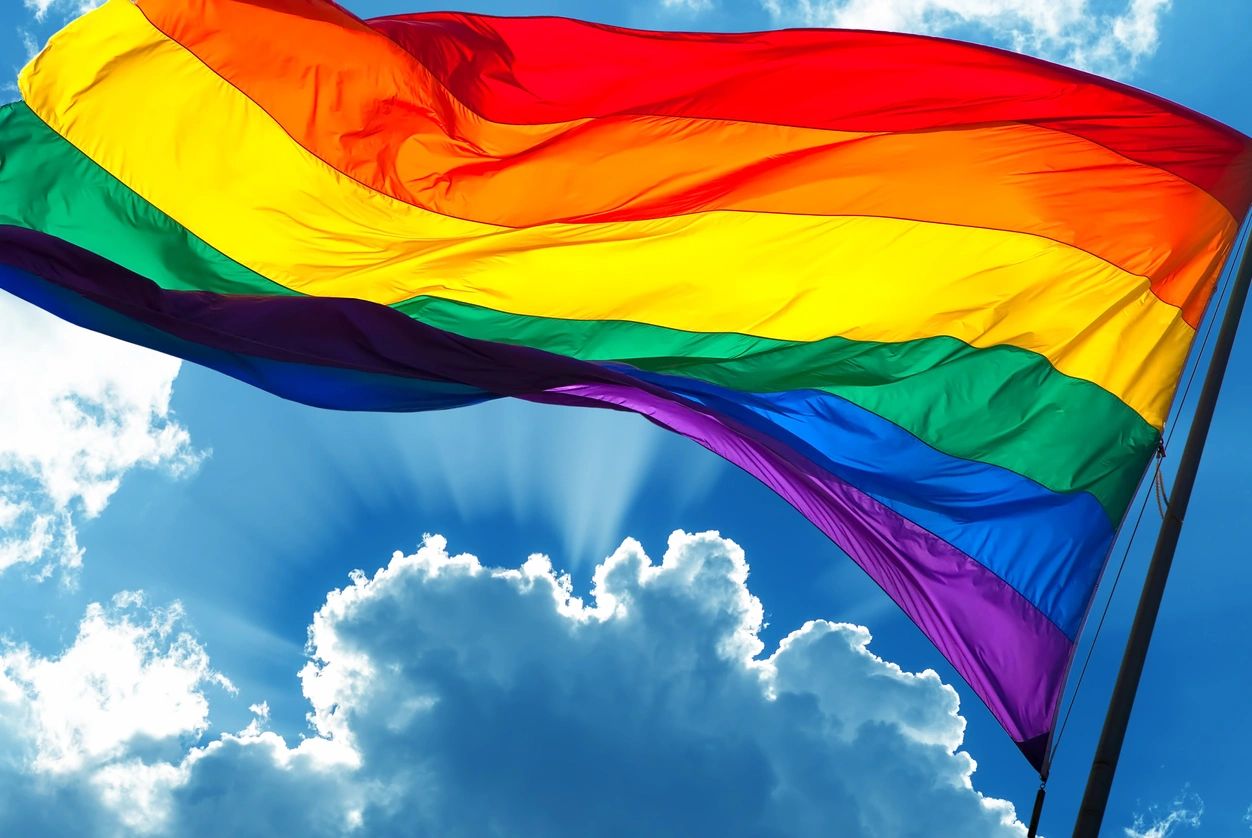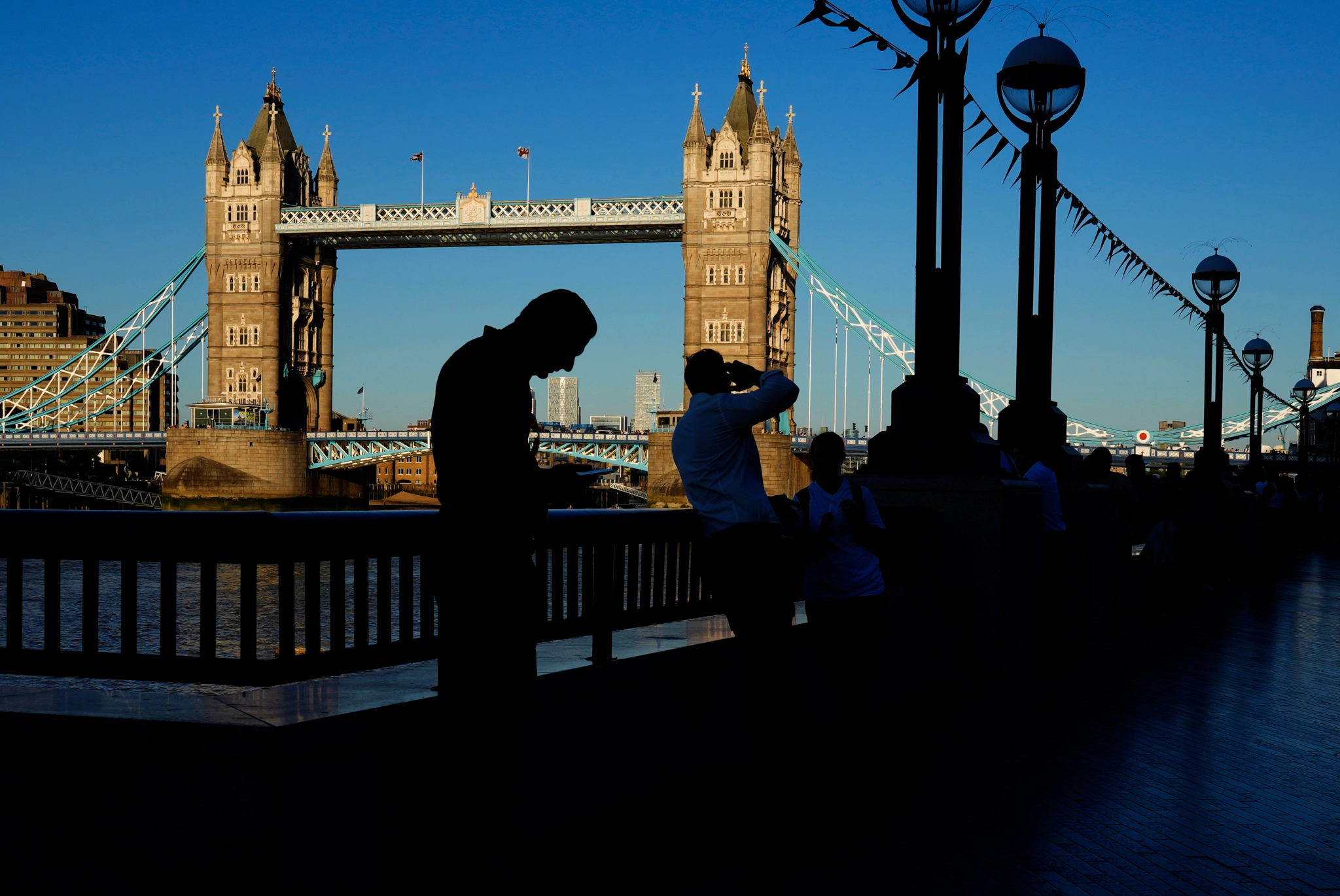On the eve of Pride Month, a new Ipsos poll has revealed a decline in support for LGBTQ2 rights in Canada. The survey, which included adults from 26 countries, assessed various metrics related to support for the queer community. According to Sanyam Sethi, Ipsos’ vice-president of public affairs, Canada was one of the few countries where support for LGBTQ2 rights and visibility showed a significant decrease.
One notable shift in attitudes was observed in support for LGBTQ2 visibility. Only 49 percent of respondents agreed that people should be open about their sexual orientation or gender identity, placing Canada among the bottom 10 countries surveyed.
This figure represents a 12 percent decrease from 2021. Additionally, support for LGBTQ2 individuals showing affection in public, such as kissing or holding hands, dropped to 40 percent, an eight-point decline from 2021. Furthermore, just one-third of respondents supported having more LGBTQ2 characters on screen, marking a 10 percent decrease from 2021.
Ohana attributed the data to an aggressive campaign targeting the LGBTQ2 community, evident in protests against SOGI-123 in schools, drag events, and support for transgender individuals.
The survey also revealed several other concerning findings for the LGBTQ2 community. Only half of Canadian respondents supported openly lesbian, gay, and bisexual athletes on sports teams, an 11-point drop from 2021. Additionally, only one in five respondents supported transgender athletes.
The survey also found that fewer Canadians are speaking out against prejudice. Just under one in three respondents had spoken out against LGBTQ2 intolerance, which is about on par with the international average but represents a seven-point drop since 2021.
Additionally, just under half of respondents supported teenagers receiving gender-affirming care, such as counseling and hormone replacement therapy, with parental consent.
However, Sethi noted that the report did contain some positive news for LGBTQ2 rights. Seventy-five percent of Canadian respondents supported same-sex unions, which is four points above the global average. Additionally, 70 percent supported the rights of same-sex couples to adopt, seven points above the global average.
The Ipsos poll was conducted between February 23 and March 8, 2024, among 18,515 adults in 26 countries. The samples included between 500 and 1,000 respondents per country, including 1,000 in Canada. The data were weighted to reflect each country’s demographic profile based on census information, with a margin of error for the Canadian sample of +/- 3.5 percent.



